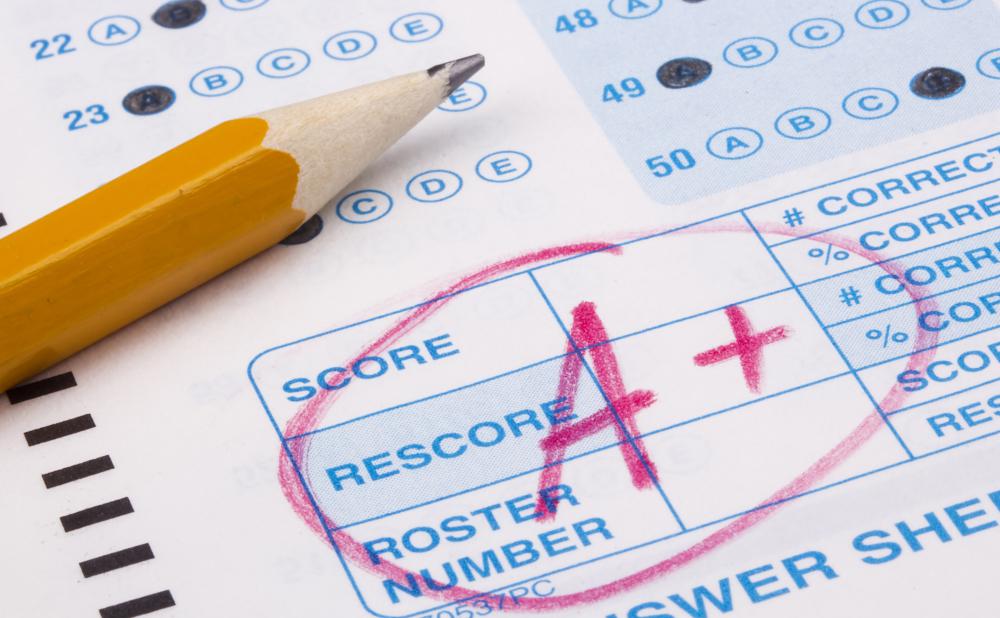At WiseGEEK, we're committed to delivering accurate, trustworthy information. Our expert-authored content is rigorously fact-checked and sourced from credible authorities. Discover how we uphold the highest standards in providing you with reliable knowledge.
How do I Become a Pediatric Nephrologist?
A person can become a pediatric nephrologist by completing medical school, a residency in pediatrics, and a fellowship in pediatric nephrology, which is the study of kidney disease and disorders in children. A few doctors complete dual specialties in adult and pediatric nephrology. It is more standard to become a pediatric nephrologist only, rather than specializing in treating both adults and children.
As with all medical specialties, the beginning of the path to become a pediatric nephrologist is to get good grades in high school that will allow people to enter a reputable college. Medical students in many places must complete four years of college before being accepted to a medical school. This model is somewhat different in the UK, where undergraduate work and medical school are combined.

US, Canada and many other regions instead require students to get a bachelor’s degree, and many students chose to major in pre-med, but others may major in one of the other sciences like biology or chemistry. Strong science skills are needed, no matter what the major, to pass the Medical College Admission Test, which most medical schools require and consider as part of an application.

After achieving a four-year degree and being accepted to medical school, people will study for three years before completing a fourth-year internship. At its completion, students can be licensed to practice medicine. To further specialize in pediatric nephrology, in the internship year, students must apply for residencies in pediatrics. These are usually three years in length and give beginning doctors the opportunity to fully immerse in pediatric medicine in a practice and study-based setting.

Many pediatricians decide they’d like to specialize further, and one choice is to become a pediatric nephrologist, focusing principally on treating children with a variety of conditions affecting the kidneys. In order to participate in this subspecialty, doctors will need to apply to fellowship programs that train in this area. Even in countries as large the US, number of programs is relatively small, and students will need strong recommendations from those overseeing their pediatric residencies to be selected as a pediatric nephrology fellow.

On this last step to become a pediatric nephrologist, students will spend another three years of practice and study. The fellowship gives students lots of opportunities to practice medicine and achieve expertise prior to being awarded board certification. Like many of the pediatric specialties, it does take a long time to become a pediatric nephrologist. With undergraduate work included, students will spend at least 14 years to obtain this specialization.
AS FEATURED ON:
AS FEATURED ON:















Discuss this Article
Post your comments